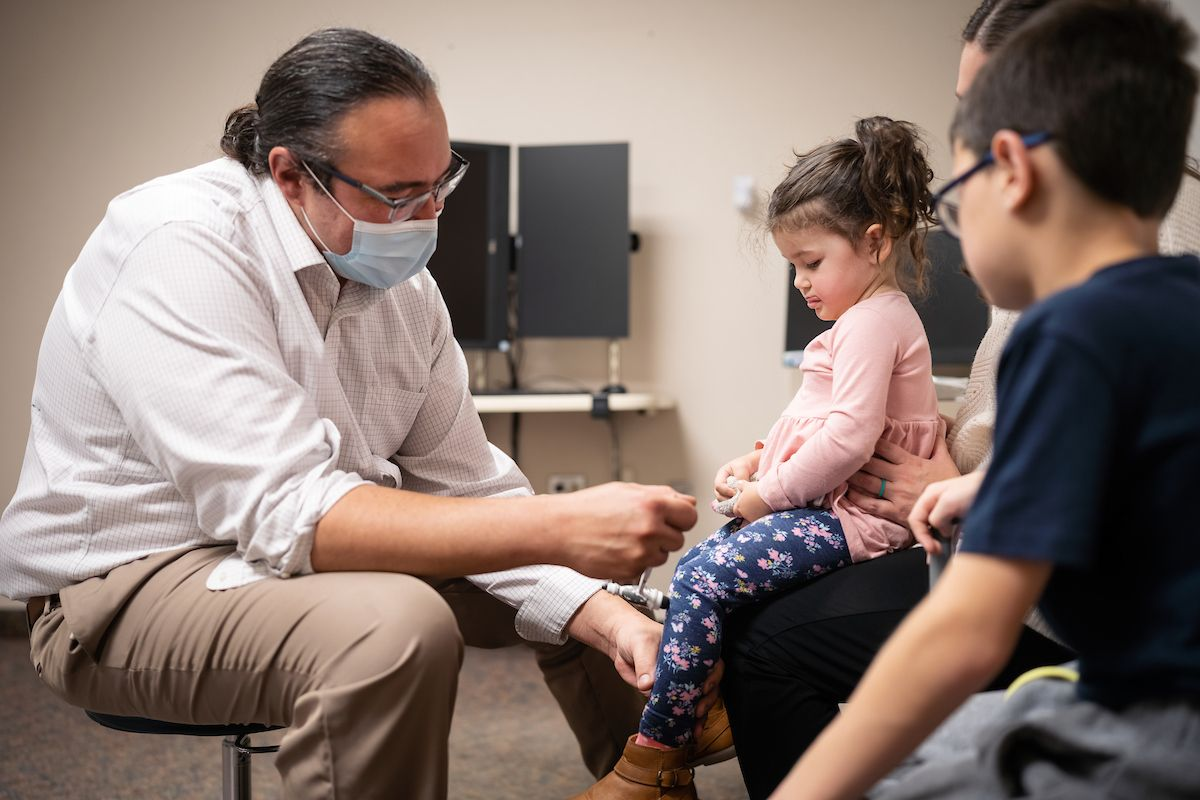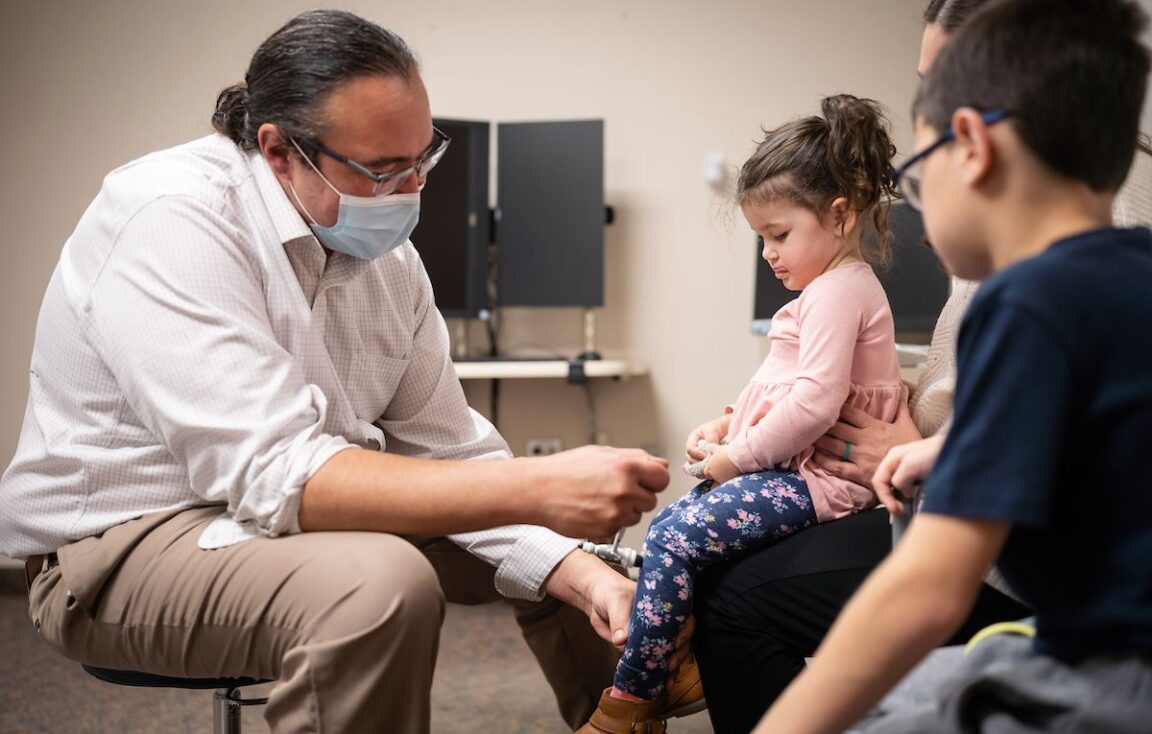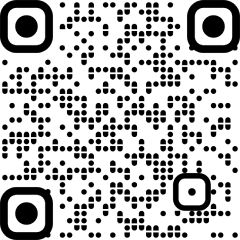
New Delhi: As the deadline to create a ₹974 crore national fund for combating rare diseases in the country, following a Delhi High Court pronouncement, approaches, CureSMA, a patient advocacy organisation for spinal muscular atrophy (SMA), has urged the government to take necessary steps to initiate the procurement process as ‘directed by the court within 45 days’.
On the last day of the deadline, the patient advocacy group made this appeal during a virtual press conference convened to discuss the current treatment landscape, state-level models, and other concerns.
Archana Panda, founder of a patient advocacy group in Gurugram, said, “Now, with the new budget being announced for rare disease treatment in India, this is a new lease on life for SMA patients. SMA is a progressive disease, and every day of delay denies our warriors their right to good health. The life-saving medicines can not only arrest disease progression but also preserve functionalities in SMA patients.”
During the virtual meet, representatives of the organisation voiced plans to establish more centers of excellence (CoEs), multidisciplinary care centers, and to replicate the Kerala Model of SMA Support.
Currently, there are 12 CoEs where individuals with rare diseases can seek financial assistance and avail other benefits under an ongoing government scheme for treatment. However, the patient advocacy group emphasized the need for multidisciplinary care and support centers to improve treatment for patients with Spinal Muscular Atrophy.
Elaborating on this, Moumita Ghosh, a representative from Kolkata, highlighted, “SMA management extends beyond treatment—it demands a holistic and multidisciplinary approach. From physical therapy to psychological support, every aspect of care contributes to improving patient outcomes. This integrated care model is vital for ensuring long-term benefits for patients and their families.”
One of the representatives also cited the success of Kerala’s state-specific model, such as the KARE program, under which the state government provides free access to life-saving therapies and multidisciplinary care for SMA patients, including adult patients. The advocacy group has called for replicating this model by leveraging the NPRD funds.
Last month, while hearing a batch of more than 100 petitions, the Delhi High Court pronounced: “The Union government shall create a national fund for rare diseases, and a fund of ₹974 crore, as per the recommendation of NRDC and pending approval of the Ministry of Health, shall be allocated for the years 2024-25 and 2025-26.”
The court also ordered the Centre to reconsider the upper limit of ₹50 lakh fixed for the treatment of rare disease patients under the National Policy for Rare Diseases, stating that the “cap is inadequate” for some rare diseases falling under the Group 3 category. As per the National Policy for Rare Diseases, SMA is recognized as a rare disease and falls under category 3b.
SMA is a severe, progressive genetic neuromuscular disease that affects essential physical abilities such as walking, eating, and breathing. It is the leading genetic cause of death among children worldwide.
Currently, three drugs are available globally for the treatment of SMA: Spinraza (Nusinersen), Zolgensma, and Risdiplam. Among these, only Risdiplam is approved for use in India.
Risdiplam, an oral patented medication developed by the Swiss drugmaker Roche, costs around ₹7-8 lakh per month for a patient.


